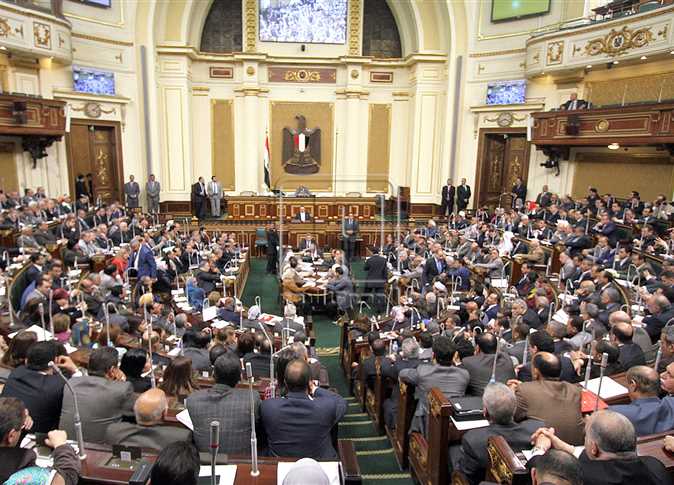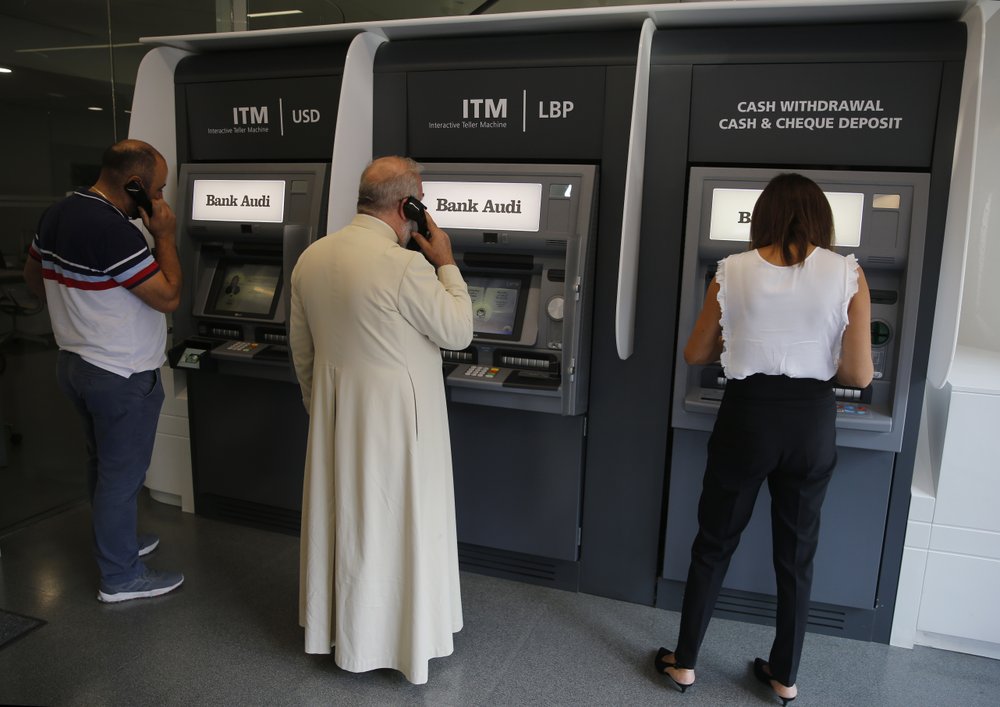The government announced a LE820.1 billion budget for fiscal year 2013/2014 on Tuesday that will grow the state's deficit to nearly LE200 billion.
Officials warned of high poverty and unemployment risks, in addition to low investment and economic development rates as they presented the budget to the upper house of Parliament for review.
Finance Minister Morsy Hegazy told the Shura Council that anticipated revenue accounts for LE497.1 billion of funding, proceeds from financial asset acquisition LE11.2 billion and borrowing through securities and bonds LE311.7 billion.
The budget deficit is forecast to increase to LE197.5 billion from LE184.9 billion for the current fiscal year that ends in June.
“We aim to reduce the deficit to 5 percent of GDP by 2016,” Hegazy said. “This cannot be achieved without reform measures.”
He presented a gradual reform program of rationalizing energy subsidies, fighting tax evasion, levying a real estate tax, collecting fees for high-speed Internet services, resolving financial entanglements between the various ministries, restructuring wages and health insurance and expanding partnerships to finance investment projects.
Minister of Planning and International Cooperation Ashraf al-Araby said the government’s economic development plan is based on social justice.
“Fighting corruption is also our base for economic growth and effective planning,” he said.
He added that the decline in investment and economic growth rates in recent years is a challenge the government is facing.
He also said that Egypt's economic growth rate is now 2 percent and the trade deficit stands at US$32 billion, in part due to a drop in direct foreign investment to US$2 billion in FY2011/12.
“This means there was no increase in the per capita income during the past two years,” he said.
The country's unemployment rate is 13 percent, the minister added, putting the average duration of unemployment at three years for 40 percent of the unemployed.
The national poverty rate is above 25 percent and is a staggering 50 percent in Upper Egypt, according to the minister.
The government is also trying for the first time to engage in participatory planning, the minister claimed, although several groups complained Tuesday that the Cabinet had not made the budget publicly available in violation of Article 55 of the Constitution.
Fifteen parties and movements, including the Egyptian Center for Economic and Social Rights, the Hisham Mubarak Law Center, Dostour and the Popular Socialists Alliance parties, the April 6th Youth Movement, said in a joint statement that by failing to allow citizens to participate in making such decisions, the government is following in the footsteps of Mubarak's governments.
“We are involving political, intellectual, business and civil society forces in our planning so that it reflects the whole community,” Araby said Tuesday. “But we must resolve the current political and security situation in order to achieve our development goals.”
Edited translation from Al-Masry Al-Youm




